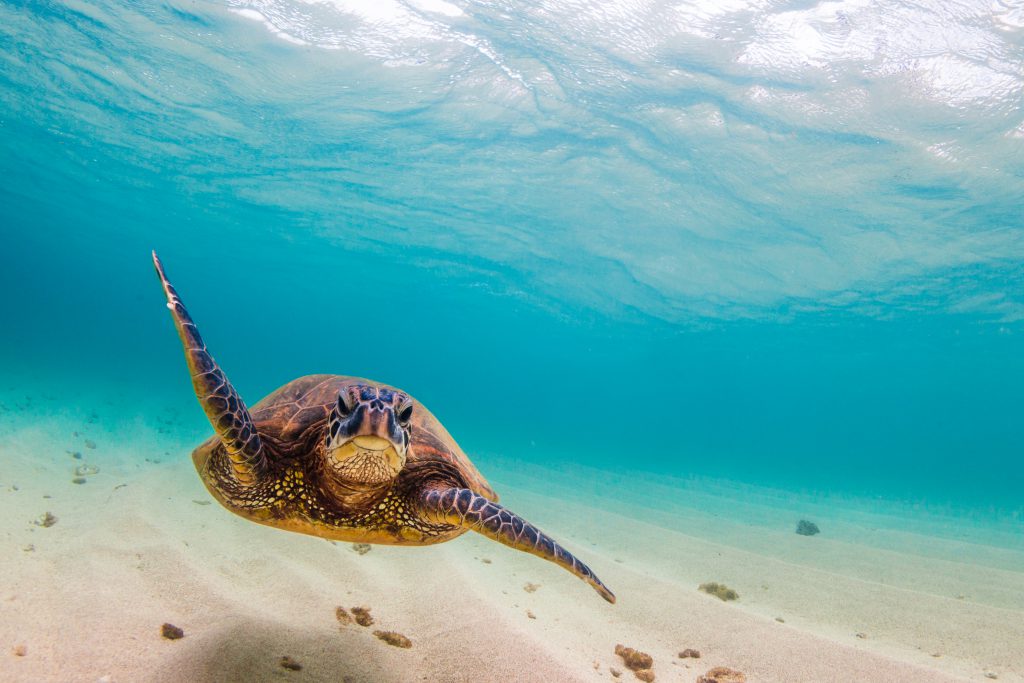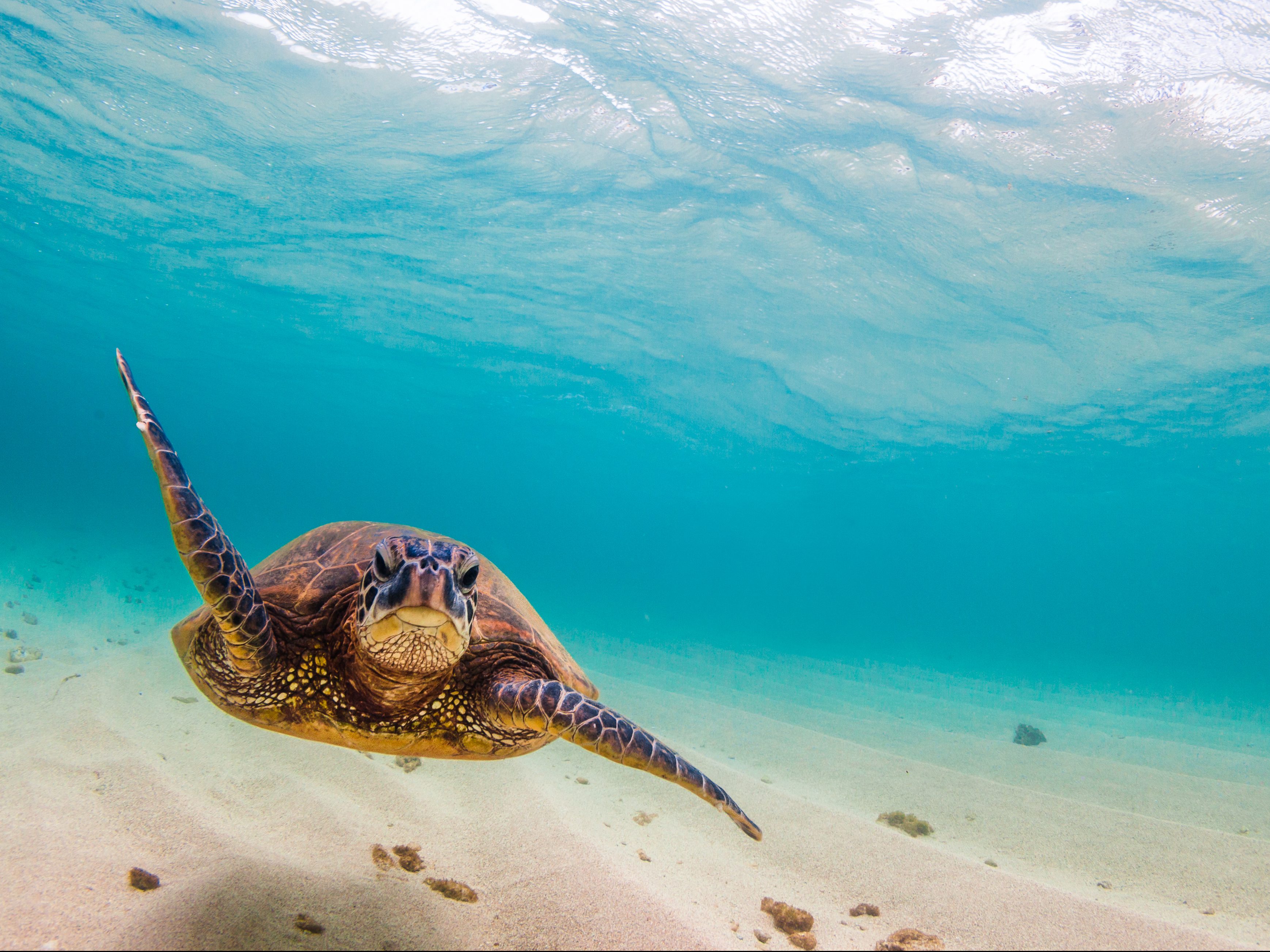With World Ocean Day putting the spotlight on microbeads, we talk to one beauty brand that is working hard to keep our oceans pristine.
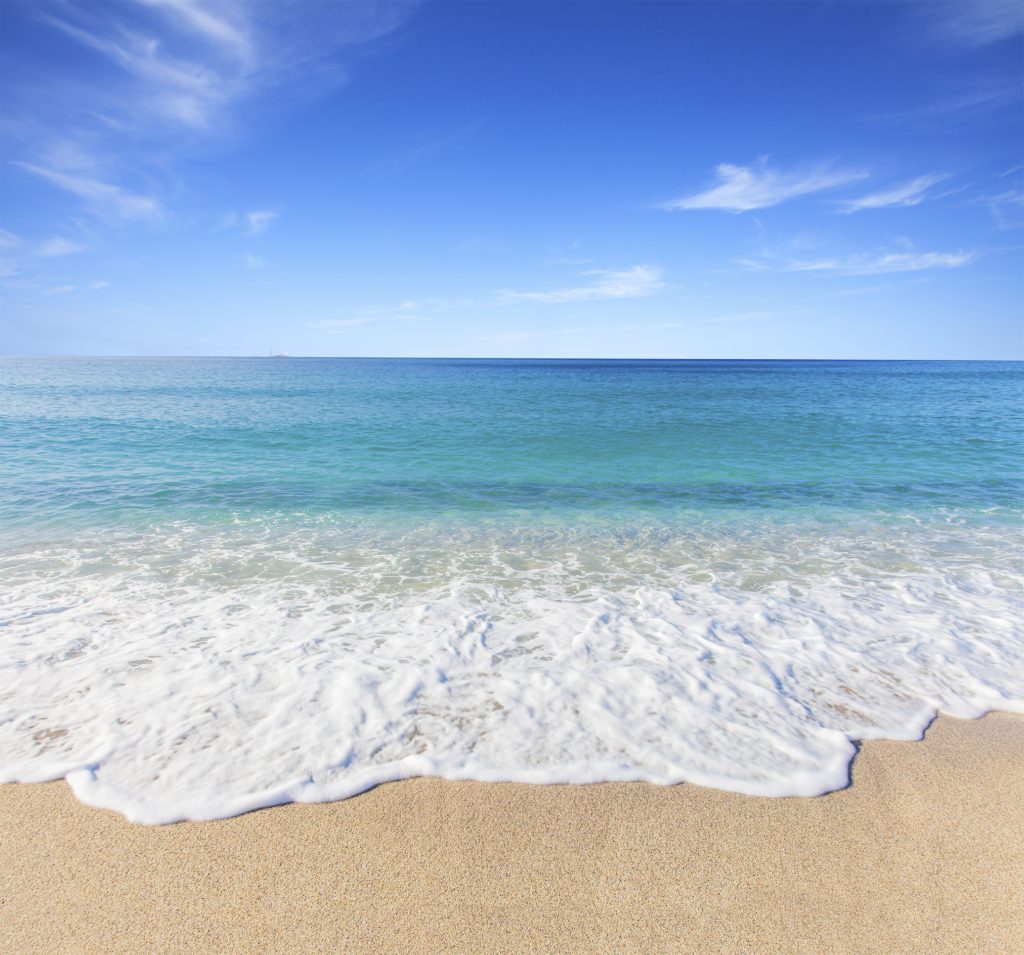
It’s World Oceans Day (June 8) and this year the theme is “Healthy Oceans, Healthy Planet” with a focus on the prevention of plastic ocean pollution. This topic is particularly relevant to the beauty industry which, in the past few years, has been making a collective commitment to eradicate plastic microbeads from its exfoliators.
Today, there is possibly no subject more environmentally controversial in the beauty sphere than plastic microbeads. A major pollutant of our oceans, the world is calling for an end to these seemingly harmless little beads of plastic.
Cumulating in their millions (and millions), microbeads are small enough to escape even the most high tech of wastewater filters, meaning that, from our basins, they head directly to the ocean creating a deadly chain of events as they wish and wash through our seas.
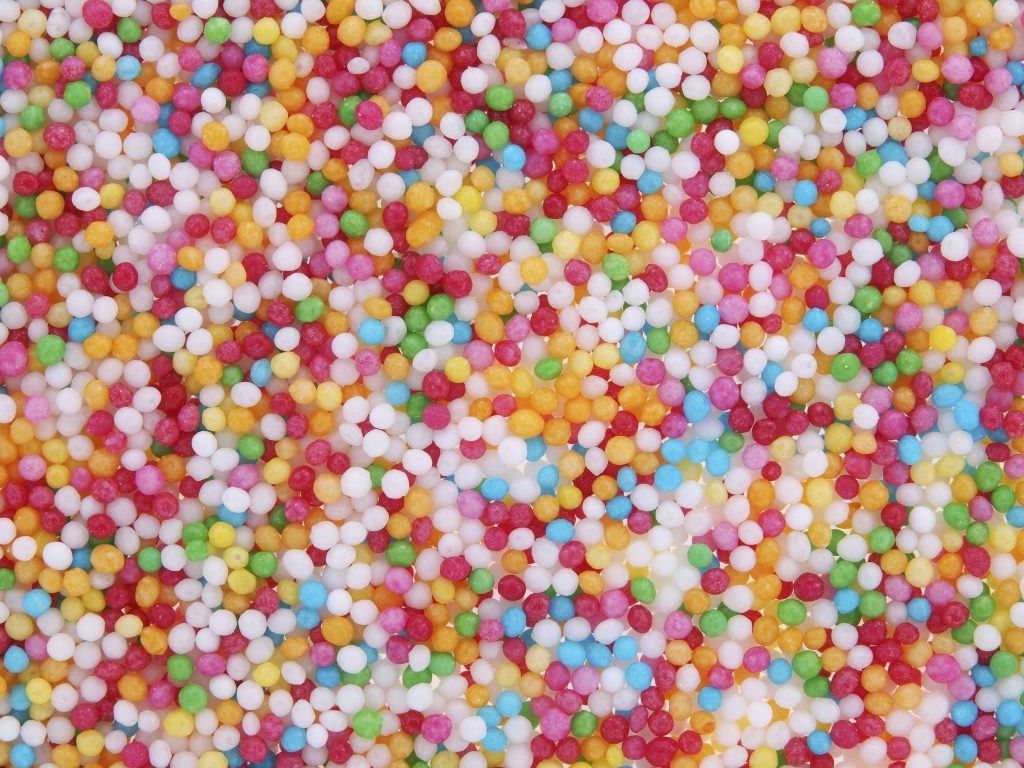
They’re so small…so why so bad? Well, their teeny-ness is the problem. Not only do they wash up on our beaches in their thousands, microbeads also float freely through the water and into the mouths and stomach’s of unsuspecting fish and other sea animals. In fact the problem is so prevalent that one study found 35 per cent of all fish examined had microplastics in their stomachs.All so that we can scrub our faces? That’s frightening stuff.
International campaigns such as Beat the Microbead, which has been running since 2012, have been helping to build awareness of the monumental issues that can occur from microbeads. In a growing number of states and countries, including California and Canada, microbeads have been banned completely from cosmetic product formulations.
While retailers such as Coles and Woolworths are reviewing their policies and practices in relation to this serious environmental problem, there are some brands that have always had a strong stance on the issue. Natural New Zealand based brand, Trilogy, is one such company.
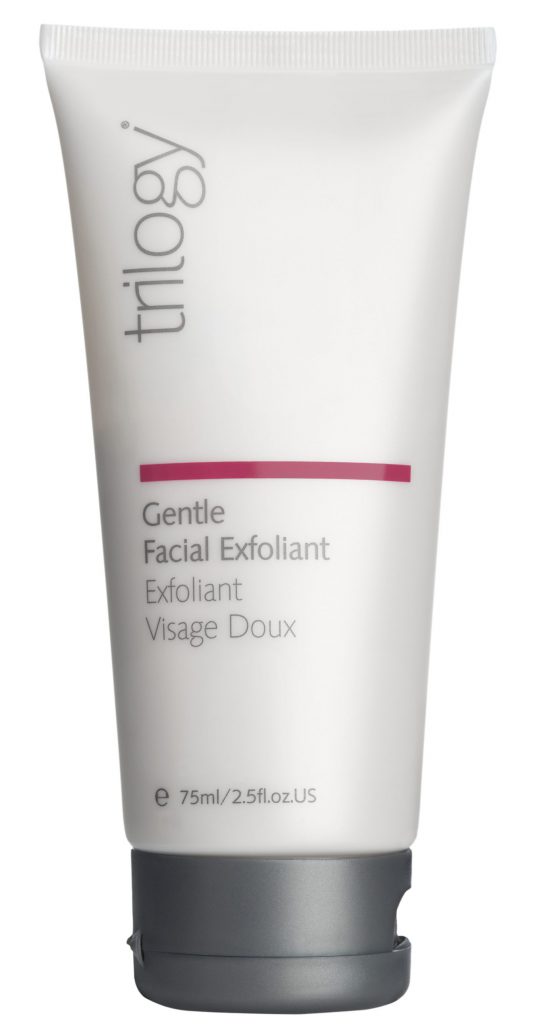
“These tiny beads are having a massive impact on marine life and disrupt the natural balance of our oceans,” says Corinne Morley, Trilogy UK sales and marketing manager and in-house beauty expert. “At Trilogy, we have never and will never use plastic microbeads in our products.”
Case in point: Trilogy’s Gentle Facial Exfoliant is formulated with natural, biodegradable, non-abrasive jojoba wax microspheres, which gently polish the complexion without irritating skin. It also, of course, doesn’t add to the microplastic pollution issue in our oceans.
Trilogy has been an active supporter for raising awareness. Not only has the brand been an active supporter for Beat the Microbead since 2013, it was invited to present at a global workshop hosted by The Global Marine and Polar Programme at the International Union for Conservation of Nature in November 2015.
So in the spirit of World Ocean Day, lets work on eradicating microbeads from our exfoliators and keep our ocean and ocean life safe.
